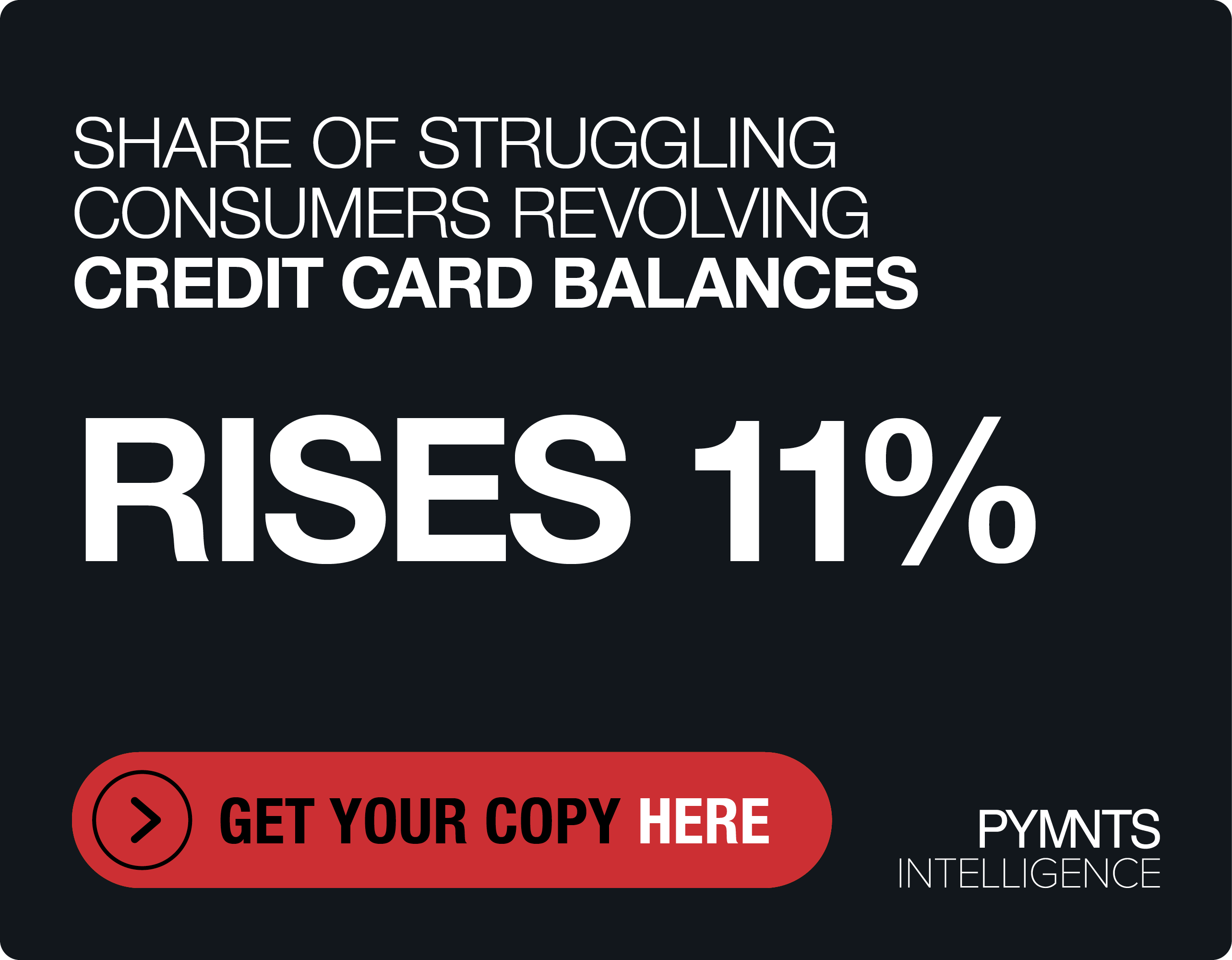The VC Fundraising Sea-Change: Less Formal, More Human
FinTech firms are increasingly focusing on profitability, turning away from the growth-at-all-costs strategy many have long pursued.
According to some investors, this strategic pivot from growth in favor of profits is necessary to win back cautious investors who are more focused on unit economics now and no longer swayed by a firm’s growth potential.
But for Rob Moffat, partner at UK-based venture capital (VC) firm Balderton Capital, solely focusing on profitability is not necessarily a winning strategy “in the business of growing great technology and software businesses.”
He explained that some businesses can be profitable early on, while others that need capital and will be loss-making for some time can still eventually reach profitability.
In the latter case, those firms should not be deprived of funding if they can meet key metrics such as strong gross margins, enough funds to pay back sales costs within a year and strong client retention.
Moffat said Balderton Capital, an early investor in FinTech unicorn Revolut, will consider investing once those boxes are checked and “we’re very confident that you have all of those pieces that can [help you] grow to profitability.”
Another important factor that plays a critical role when evaluating potential investments is the individual founder — their ability to think outside the box and have a clear vision and passion for solving problems.
“All founders are different, but all of them are extraordinary in some ways. [The question is] are they exceptionally clever or exceptionally driven? Are they exceptional team builders, visionaries? That’s definitely where we start,” he told PYMNTS in an interview.
The process through which entrepreneurs seek funding also needs to be less formalized, he said, with founders focusing less on having multiple advisers and intermediaries while spending significant amounts of time perfecting their data rooms.
“In the end we, and most of our competitors, are investing in founders and human connections,” Moffat said. “And if you’ve got [an] intermediary in the way blocking that then it is harming the fundraise.”
Filling the ‘Advice Gap’
Regarding promising sectors to watch, Moffat singled out the wealth investment space and the need to help people, including children and young adults, and put in place healthy practices when it comes to investing and having the right lifetime financial plan.
“It’s not just about Robin Hood-style direct investing. It’s about how do you create that overall wealth service for people?” he explained.
He pointed to London-based money management solution Cleo as an example of a firm filling the financial advice gap for young people that are just starting out and do not have significant funds to manage. “The financial advice that Cleo gives [to young people] is very different from what is given to someone who has 5 million [pounds in] assets and you’re helping them minimize their tax bill.”
He also highlighted JPMorgan Chase-owned Nutmeg, one of the U.K.’s largest independent digital wealth managers, as one of the companies they’ve invested in to capitalize on opportunities in the sector, adding that there is still a huge untapped opportunity “in the advice gap” that investors have yet to fully crack.
Moving forward, Moffat said the payments sector as a whole will continue to remain an important sector to watch. This includes trends around open banking which is gaining momentum across Europe, foreign exchange (FX) and cross-border payments innovation in emerging markets in Africa and the Middle East, and InsurTech companies disrupting the insurance market.
Meanwhile, competition from large U.S. VC firms that are piling into European rounds and betting big on startups has intensified over the years, creating a major challenge for Europe-focused VC firms.
“Our competition has increased over the last couple of years [and now] it’s really justifying to founders why they should take money from us, rather than from a big brand U.S. firm with a London office,” he added.
Asked how they intend to counter that threat, he said it boils down to focusing on the founders on the ground and strengthening those human connections they have built over time. “Our entire partnership is based in Europe. We’re spending time with founders week in, week out and that’s more presence than you would get from a U.S. firm,” Moffat said.
For all PYMNTS EMEA coverage, subscribe to the daily EMEA Newsletter.
